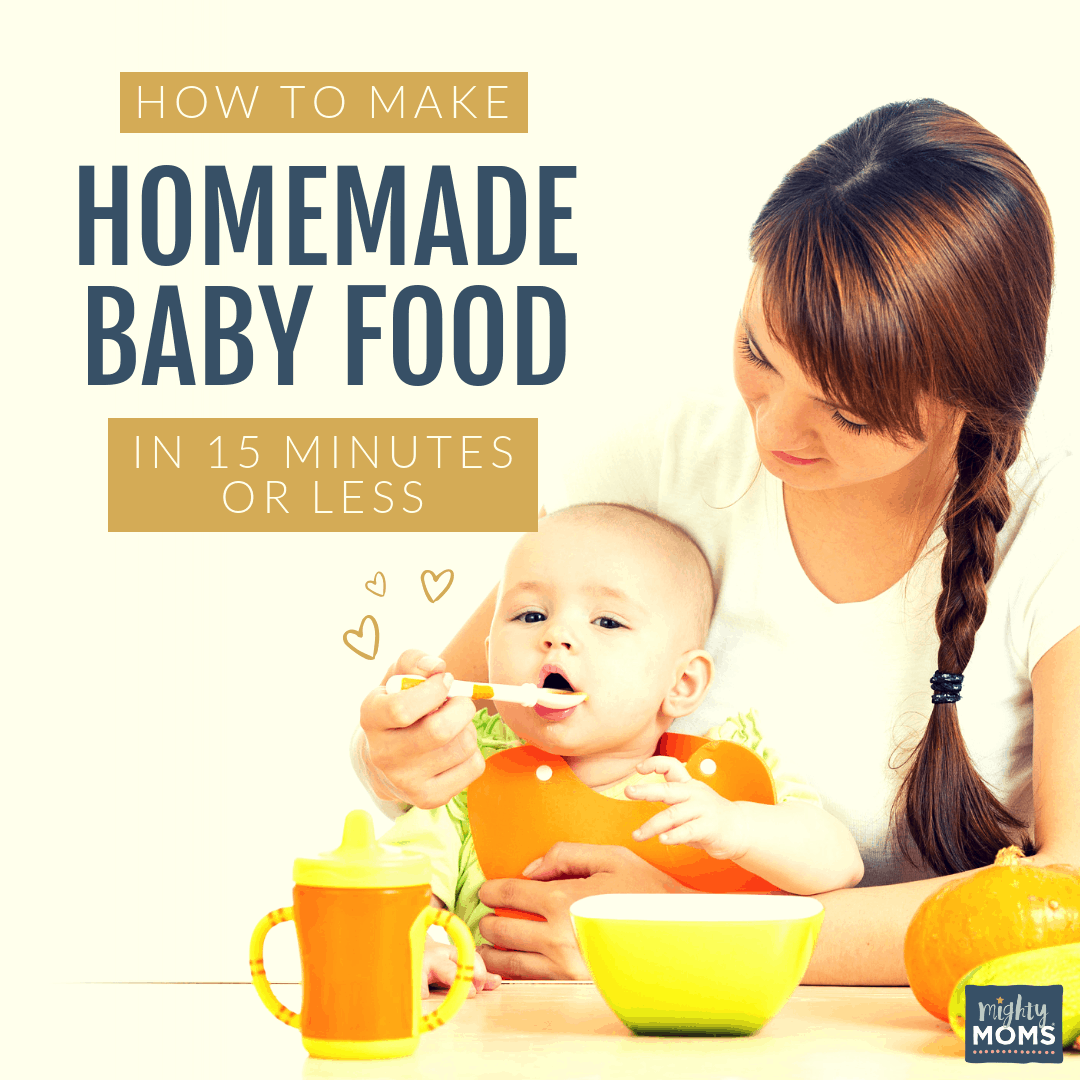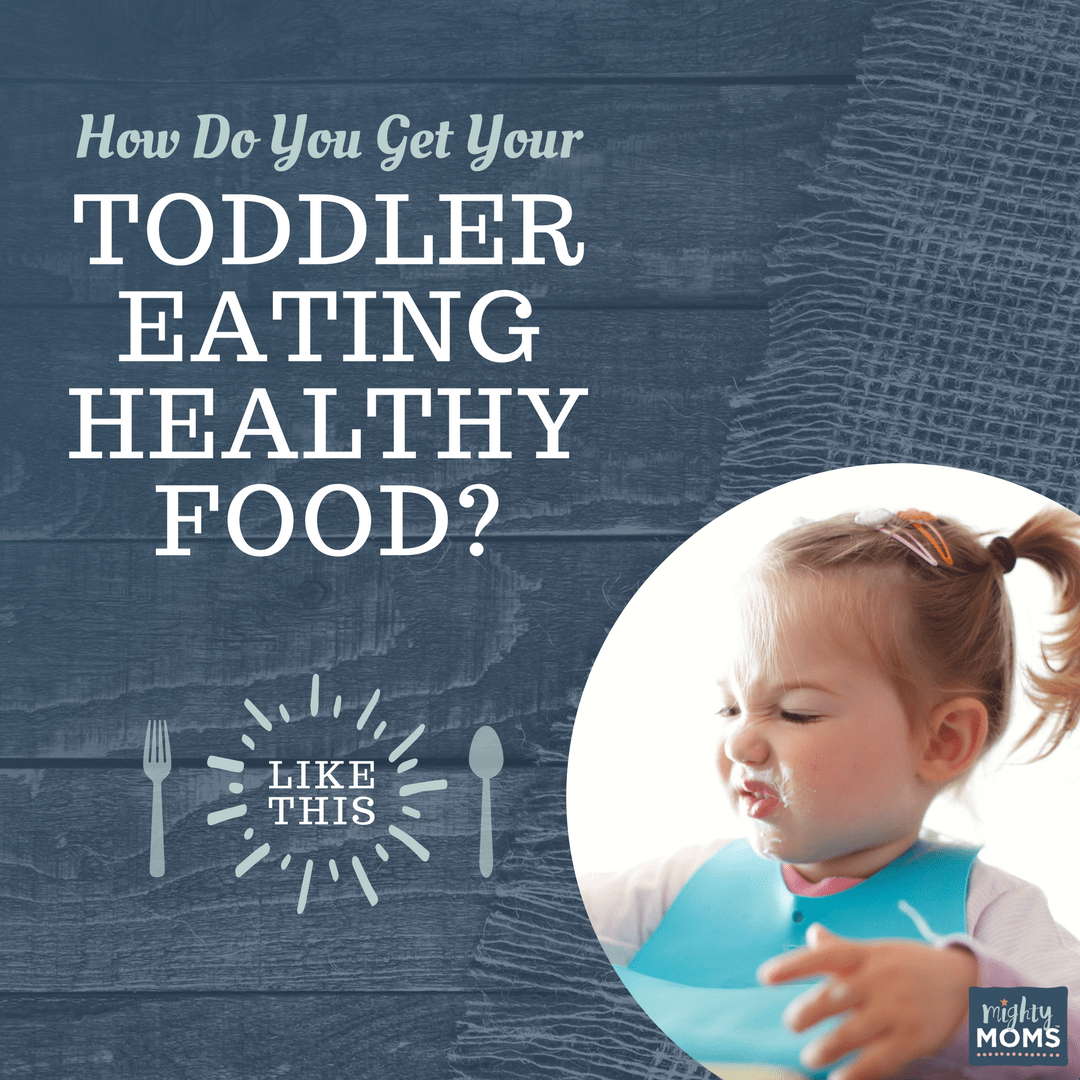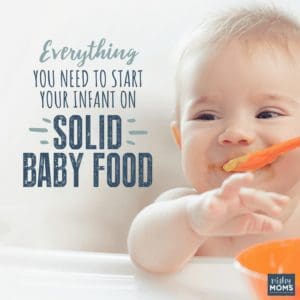This post is sponsored. This means we were asked to review or try something new, and then remunerated to share those thoughts. Since you are reading this post, it ALSO means that we enjoyed the experience. Friends don't let friends make false recommendations!
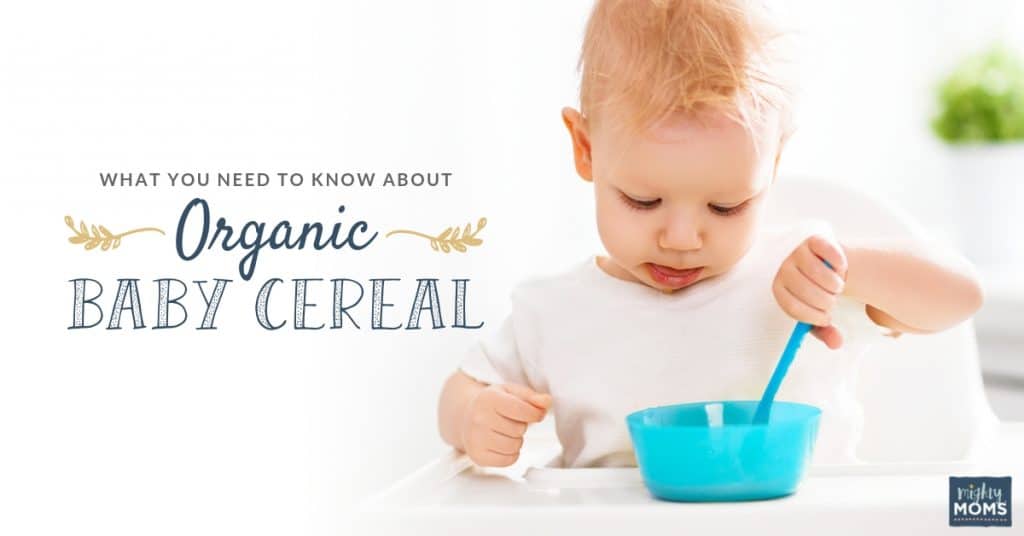
Let’s be honest.
Most of the organic baby oatmeal cereal you served your little one for breakfast is going to end up smeared in hair, wiped on walls, and crusted in the tiniest corners of the high chair.
It’s still worth it.
Even if 75% of that porridge ends up as an abstract art form, that still leaves 25% of healthy vitamins, minerals and fiber. Not to mention providing him with the fine motor skills he will eventually need to turn those abstract skills into a Bob Ross-esque masterpiece you can retire on.
Those “happy trees” aren’t going to paint themselves!
Is Your Infant Ready for Baby Cereal?
Let’s find out!
- Your baby has doubled his birth weight (or is at least 13 pounds)
- He can hold his head up unaided.
- When you offer him the spoon, he automatically opens his mouth.
- She seems interested in solid foods
- She can use her tongue to move food from the spoon to the back of her mouth.
I’ll make this even easier for you: Most of these things happen at around six months. So that’s the perfect time to start!
Still not convinced that starting solids at six months is the right time frame? Keep reading. There are good reasons why the AAP recommends waiting. I’ll prove it!
How Serious Should You Be About Choosing Organic Baby Oatmeal Cereal?
The word “organic” has a hefty price tag. How do you know if it’s worth the extra expense of purchasing a non-GMO organic baby oatmeal cereal?
Let me answer with a fancy-shmancy word: glyphosate.
Glyphosate is a powerful herbicide used by grain farmers since the 1990s to kill weeds. Human gut bacteria (which is super important to a strong immune system) possesses the same critical biochemical pathways as weeds.
Choosing an organic baby oatmeal cereal like Kabrita’s multigrain or apple cinnamon porridge is the only way to make sure that trace amounts of pesticides that farmers have used to kill weeds don’t end up eliminating your baby’s delicate gut flora as well.
The Environmental Working Group (EWG) has developed a produce list that shares which fruits and veggies have been shown to have the most amounts of pesticide residue. This resource is extremely helpful in prioritizing your organic shopping.
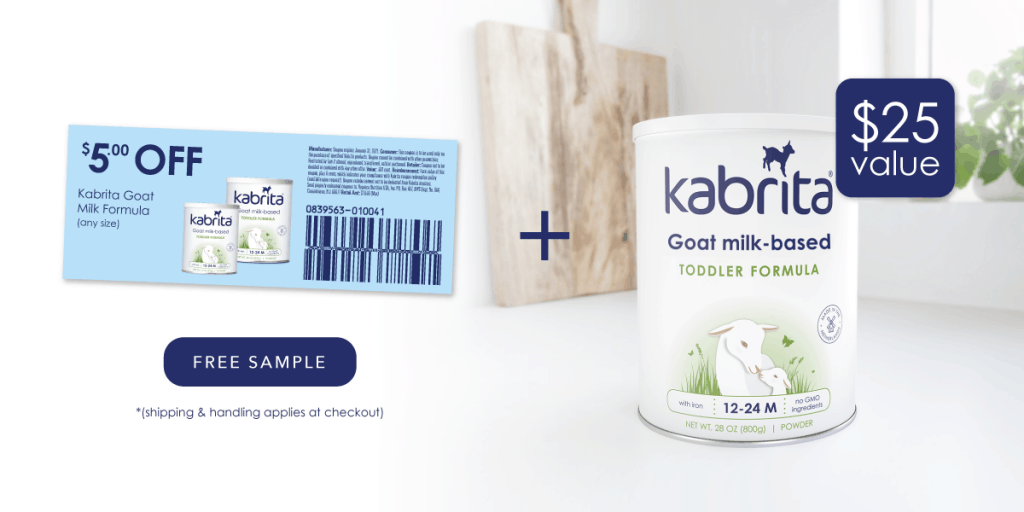
Goat Milk Baby Oatmeal Cereal is a Digestion Powerhouse
The best starter food for your baby is something that has been processed or refined as a little as possible. This ensures that important nutrients, like vitamins, minerals, and fiber weren’t removed and excess sugar wasn’t added.
Kabrita’s organic multigrain or apple cinnamon porridges are the perfect nutritional combination for baby’s first cereal.
The Benefits of Goat Milk Porridges
- They contain 30% of your baby’s daily need for calcium, necessary for those little bones to keep growing strong!
- Powdered organic goat milk has been shown to be easier to digest for tiny tummies, preventing constipation. This is especially important because many babies can struggle with constipation when first starting solids.
- Goat milk is naturally sweet, so no need for additives to make your baby gobble it up!
- Goat milk, when carefully adjusted babies and toddlers, provides extra protein that help them feel fuller, longer.
- This study showed that goat milk formulas can be helpful in eliminating eczema flares in babies over 6 months.
Kabrita’s organic multigrain or apple cinnamon porridges are perfectly designed for on-the-go parents. Just add 2-3 Tablespoons of the porridge to a little water, stir and feed.
Goat milk is still dairy, so you should avoid goat milk products if your child has a dairy allergy.
Six Months is Your Magic Number
Although it’s tempting to get out the bowls and set up the high chair at four months, the American Association of Pediatrics (AAP) recommends waiting until your baby is closer to 6 months to start solids.
Yes, yes, I know. I can hear you shouting, “Julie started her baby on solid foods at four months!”
You should view that as the exception, rather than the rule. In some cases, like when a baby isn’t gaining weight or is struggling with a really bad case of acid reflux, doctors may recommend starting sooner.
But generally, it’s usually best, unless your pediatrician says otherwise, to wait until after that 6-month mark.
Let me walk you through the logical reasons why you should resist being Ms. Impatience Pants and cool your jets until month six.
The Nutritional Needs are Different at 4 Months
Your baby’s primary source of nutrition should be coming from breastmilk or a really good formula. Starting solids too early can mess with that. You don’t want him filling up on porridge when what his brain really needs is more breastmilk or formula.
Feeding Requires Certain Physical Skills
Sitting up in high chair and controlling the head is a necessity for him to be in right position for feeding to minimize choking risks.
He also needs to learn how to move his tongue in the right way to eat food. Did you know that the tongue movements from sucking on a bottle or breast is exactly opposite of the tongue movements required to eat off a spoon?
With a bottle or breast, your baby has learned to push the tongue up and out to milk the nipple. It is very normal for a baby to automatically do that when starting solids.
So just because he “spits it out” doesn’t mean he hates it! It just means he needs more practice to learn how to use the tongue to bring the food in instead of pushing it out.
Should You Put Cereal in a Bottle?
The short answer is no. Putting cereal in a bottle can lead to overfeeding. Babies learn their eating start/stop cues by volume, not calories. For more information on why putting cereal in a bottle is no longer recommended, read this.
Organic Baby Oatmeal Cereal Pancake Recipe
What if your baby is getting tired of the same ‘ole porridge every morning? Why not mix things up and turn that organic baby oatmeal cereal into delicious blueberry pancakes? (Hint: Blueberries are full of antioxidants!)
Order your organic multigrain or apple cinnamon porridges and pick up some fresh blueberries so baby can join in on Sunday Night Pancakes!
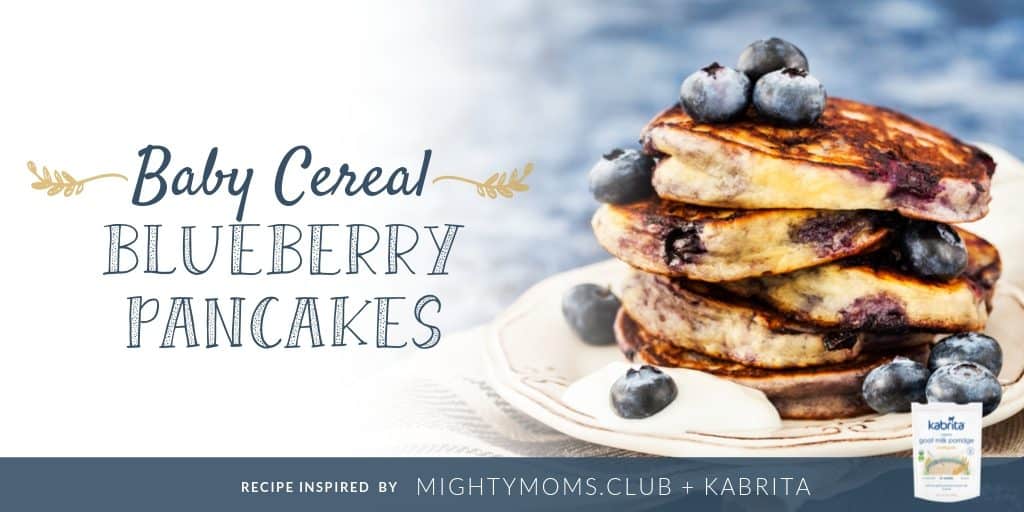
Kabrita Baby Cereal Blueberry Pancakes
1 cup of Kabrita Organic Multigrain Goat Milk Porridge
½ tsp of baking powder
1 cup of warm water
1 egg
½ tsp of vanilla
Handful of blueberries
- Mix the egg, vanilla, baking powder and ½ cup of water with the Kabrita Organic Multigrain Goat Milk Porridge.
- Stir until smooth, adding more warm water until the desired consistency is reached.
- Add the blueberries and cook on a buttered or oiled pan. Enjoy!
Have You Read These Yet?
We ♥ honesty! This post contains affiliate links that provide extra money for our mutual coffee habits addictions. Click here to learn more. As an Amazon Associate I earn from qualifying purchases.
We {heart} Citations!
The Truth Behind Glyphosate With The Detox Project. ThriveMarket.com
Intolerance of Cow’s Milk and Chronic Constipation in Children. NIH.gov
Atopic Dermatitis & Babies: Two Cases Substituting Goat Milk Formula for Cow Milk Formula. NDNR.org
Infant Food and Feeding. AAP.org
Cereal in a Bottle: Solid Food Shortcuts to Avoid. HealthyChildren.org
